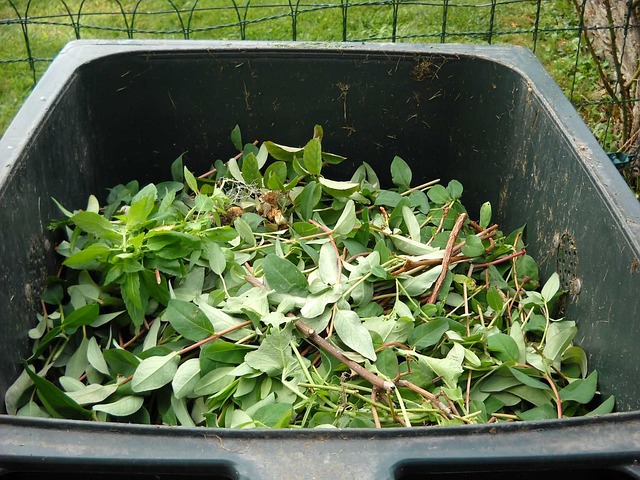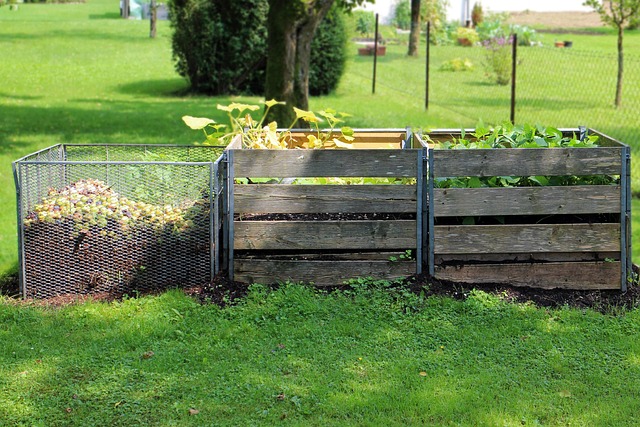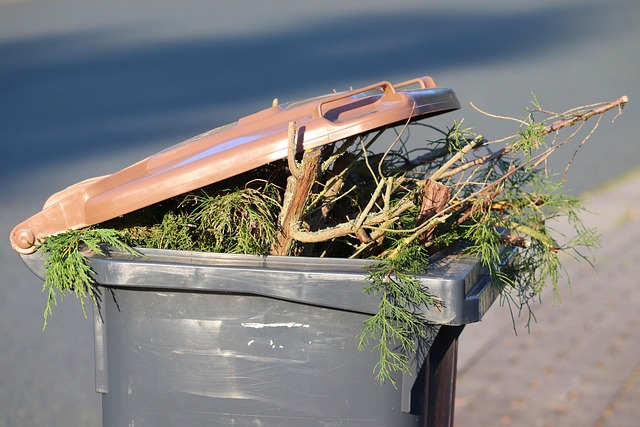In a world increasingly aware of environmental issues, green gardening has emerged as a powerful way to contribute to a healthier planet. Composting sits at the heart of this eco-friendly practice, transforming organic waste into nutrient-rich soil amendments that fuel vibrant gardens while reducing landfill waste. Engaging in composting not only benefits your garden but also enhances your connection to nature, fostering a deeper appreciation for the natural cycle of life.
The act of composting is far more than a practical gardening technique; it’s a statement against wastefulness and a commitment to sustainability. By collecting kitchen scraps, yard trimmings, and other organic materials, you’re participating in a beautiful cycle. Simple items like fruit peels, vegetable scraps, coffee grounds, and grass clippings can be transformed into valuable compost, enriching your soil naturally. This process encourages the growth of healthy plants, supports biodiversity, and ultimately contributes to a greener environment.
When you start composting, it’s essential to understand the balance of materials. Effective compost requires a mix of “greens”—nitrogen-rich materials like fresh fruit and vegetable scraps—and “browns”—carbon-rich materials such as dried leaves, cardboard, and straw. This balance ensures adequate aeration and moisture retention, which facilitates the decomposition process. You don’t need an extensive garden to start; a small compost bin on your balcony or kitchen scraps set aside in a container can make a significant difference.
Gathering organic matter for your compost can be a fun and rewarding activity. Involve your family or friends in the process and educate them about the importance of composting. This communal aspect nurtures the sense of community and shared responsibility towards the environment. It’s a chance to bond over sustainability while teaching the next generation the importance of caring for our planet.
Consider enhancing your compost pile with additional natural boosters. Adding coffee grounds enriches your compost with nitrogen, while eggshells provide a calcium boost—ideal for growing plants like tomatoes or peppers. You might also incorporate worms into your composting through vermicomposting. Not only do worms accelerate the decomposition process, but they also produce castings that are some of the most nutrient-rich fertilizers available.
Remember, composting isn’t just for seasoned gardeners; it’s accessible to anyone willing to contribute to a greener, healthier environment. As you nurture your compost pile, you also nurture a deeper relationship with nature, recognizing your role in the ecosystem. Watching scraps transform into rich, dark soil is like witnessing magic—one that highlights the delicate balance of life and emphasizes the importance of sustainable practices.
Embracing composting is a commitment not only to enhancing your garden but also to protecting our planet. Consider starting your composting journey today and become part of a growing community dedicated to making a positive impact. With every handful of rich compost, you celebrate nature’s resilience and contribute to a more sustainable future for generations to come.



